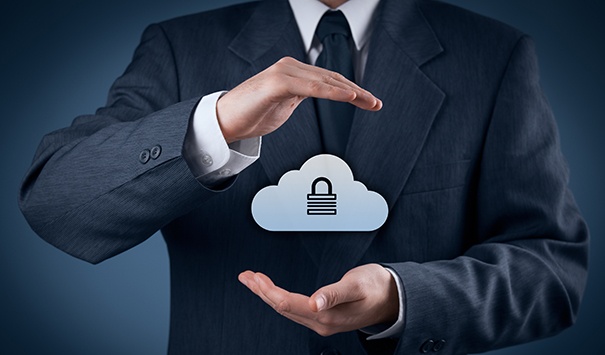
The evolution of cloud security has immeasurably changed the industry in recent years. Cloud-based solutions offer a plethora of benefits for everyone involved, and customers are taking advantage of this newfound flexibility. While most people understand the importance of a secure IT environment, one thing they fail to do is identify critical security risks. The good news is that as cloud technology has grown up, security has too.
The Early Days
According to Solved Magazine, the idea of cloud computing can be traced all the way back to the 1950s however the actual term was not coined until 1996. The term “cloud” was originally linked to the concept of distributed computing, which went mainstream at Apple-spawned General Magic in the early 1990s, with even earlier mentions in academic work before that.
Data Storage Upped the Ante
Once businesses started storing their data with big companies like Amazon, security concerns become an even more pressing issue. Though the benefits were many, and the cost was just right, storing critical data on servers that the customers couldn’t physically touch challenged what many considered the definition of security. As the types and amounts of data storage grew, so did the precautions hosting companies would take to protect the data.
Cloud Security Today
Today, cloud service providers go to extreme measures to protect the data housed on their servers from extensive employee background checks that can reduce the risk of an insider attack, to isolation procedures that prevent one company from accessing another's data in cases where multiple organizations may store data on the same server. There is, however, still some responsibility on the user’s end to ensure that passwords and connections are secure, but that is the same as if the data were stored locally.
Some cloud providers can offer additional security beyond the industry standard simply due to where they house their servers. Cloud Carib’s data servers are located in the Bahamas, outside the reach of many governments and other entities. This allows us to add an additional layer of security that we are happy to provide our customers who value their privacy.
